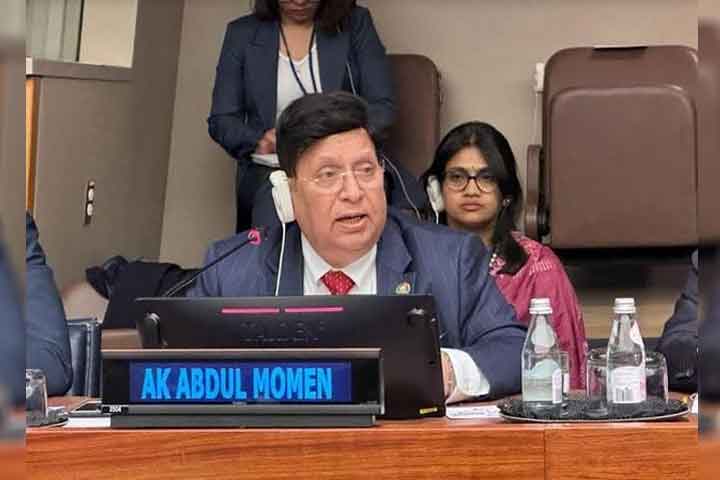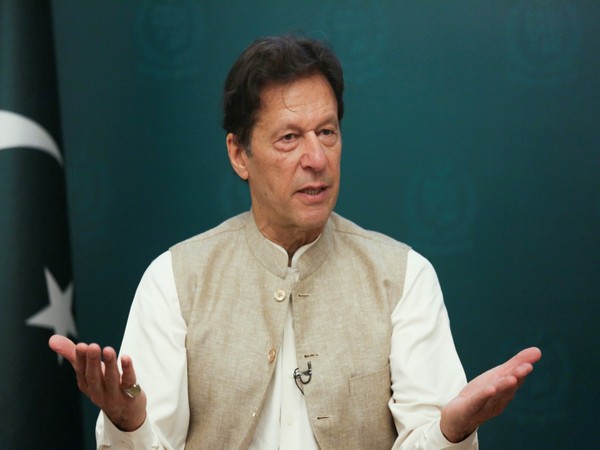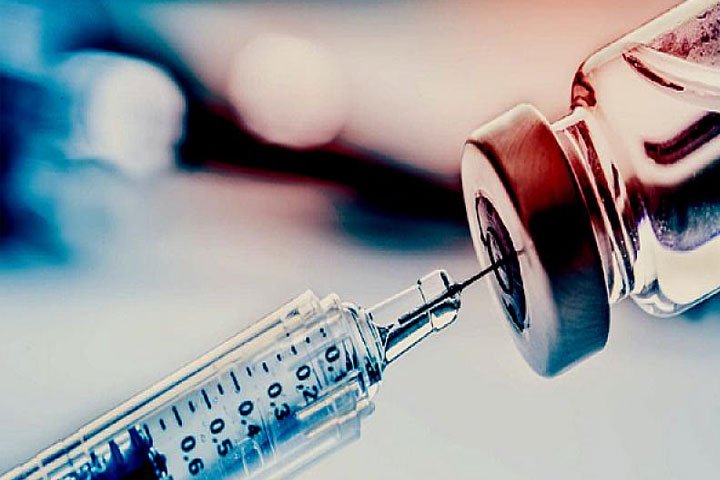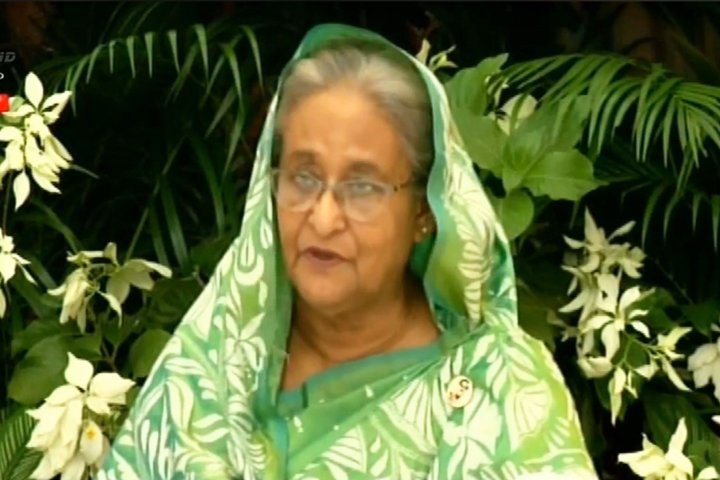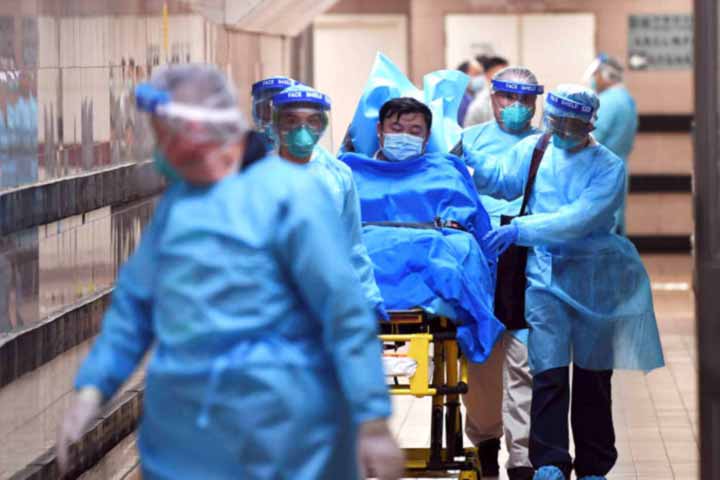WHO insists AstraZeneca vaccine safe as jab faces new setbacks
The World Health Organization said Friday there was no reason to stop using AstraZeneca’s Covid-19 jab after several countries suspended rollout over blood clot fears, while the hard-hit United States exceeded 100 million doses of vaccine administered to its people.
The WHO, which said its vaccines advisory committee was examining the safety data coming in, stressed that no causal link has been established between the AstraZeneca vaccines and clotting.
“Yes, we should continue using the AstraZeneca vaccine,” WHO spokeswoman Margaret Harris added, stressing that any concerns over safety must be investigated.
UK-based AstraZeneca insisted its jab was safe, adding there is “no evidence” of higher blood clot risks.
– New lockdown in Italy –
Despite hopes that vaccines will pave the way to a return to normality, hard-hit Italy announced tough new restrictions in much of the country, with Prime Minister Mario Draghi warning the country faced “a new wave” of infections.
One year after it became the first European country to face a major outbreak, Italy is again struggling with the rapid spread of Covid-19, this time fuelled by new, more contagious variants.
Schools, restaurants, shops and museums were ordered to close across most regions of Italy, including Rome and Milan from next week.
Greek authorities spoke of a “serious epidemiological situation” and warned of a third wave as infections mount in Athens and other major towns.
Health experts there warned that restriction measures in place, including school closures in major conurbations, would be extended again.
Disneyland Paris, one of Europe’s biggest tourist attractions, said it will not be able to reopen as planned on April 2 as infections remain stubbornly high in France.
– Another possible side effect –
The shadow cast over the AstraZeneca jab is adding to the European Union’s problems distributing vaccines.
Denmark, Norway and Iceland paused use of the drugmaker’s shot as a precaution after isolated reports of recipients developing blood clots.
Italy and Austria have banned the use of jabs from separate batches of AstraZeneca, and Thailand and Bulgaria said this week they would delay rollout.
In Spain at least five regions said they had suspended use of AstraZeneca vaccines from the suspect batch banned by Austria as a precautionary measure.
But several other countries, including Australia, said they would continue their rollouts as they had found no reason to alter course. Canada also said there was no evidence the jab causes adverse reactions.
In a fresh hit, the EU’s drug regulator said severe allergies should be added to the possible side effects of the AstraZeneca vaccine after some likely links were found in Britain.
– ‘Secret contracts’ –
Austria’s Chancellor Sebastian Kurz suggested some European countries may have signed “secret contracts” with vaccine companies to receive more doses than they were entitled to based on EU rules.
EU members have agreed that vaccines should be distributed among countries based on population size, but Kurz said that after comparing the total procurement figures of member states, it became clear that “deliveries do not follow the per capita quota system”.
Despite setbacks elsewhere, US President Joe Biden offered hope to his country, which has battled the largest outbreak in the world.
He vowed a return to some kind of normality by July 4, marking the national holiday as his target for “independence” from the virus.
After a shaky start, the US has ramped up its vaccination programme, following the advice of scientists who say jabs are the only way out of a pandemic that has killed 2.6 million people around the world.
The Centers for Disease Control and Prevention said 100 million vaccine doses have been administered in the US, around 30 percent of the world’s total of shots in arms so far.
There was also encouraging news as the WHO approved Johnson & Johnson’s Covid-19 vaccine, paving the way for an additional 500 million doses to enter the Covax global vaccine-sharing scheme.
“Every new, safe and effective tool against Covid-19 is another step closer to controlling the pandemic,” said WHO chief Tedros Adhanom Ghebreyesus.
The news comes after the single-dose jab won approval from the European Union on Thursday.
It has also received the green light from regulators in the United States, Canada, South Africa and France — which on Friday topped 90,000 coronavirus fatalities.
Meanwhile it was announced that India will manufacture at least one billion more Covid-19 vaccine doses by the end of next year in a joint initiative with the United States, Japan and Australia.
Following the nations’ first four-way summit, Biden’s national security advisor, Jake Sullivan, said the so-called Quad had made a “massive joint commitment” to vaccines.
“The Quad committed to delivering up to one billion doses to ASEAN, the Indo-Pacific and beyond by the end of 2022,” Sullivan said.
Source: AFP/BSS
AH
13 Mar 2021,09:35








 Live Tv
Live Tv

